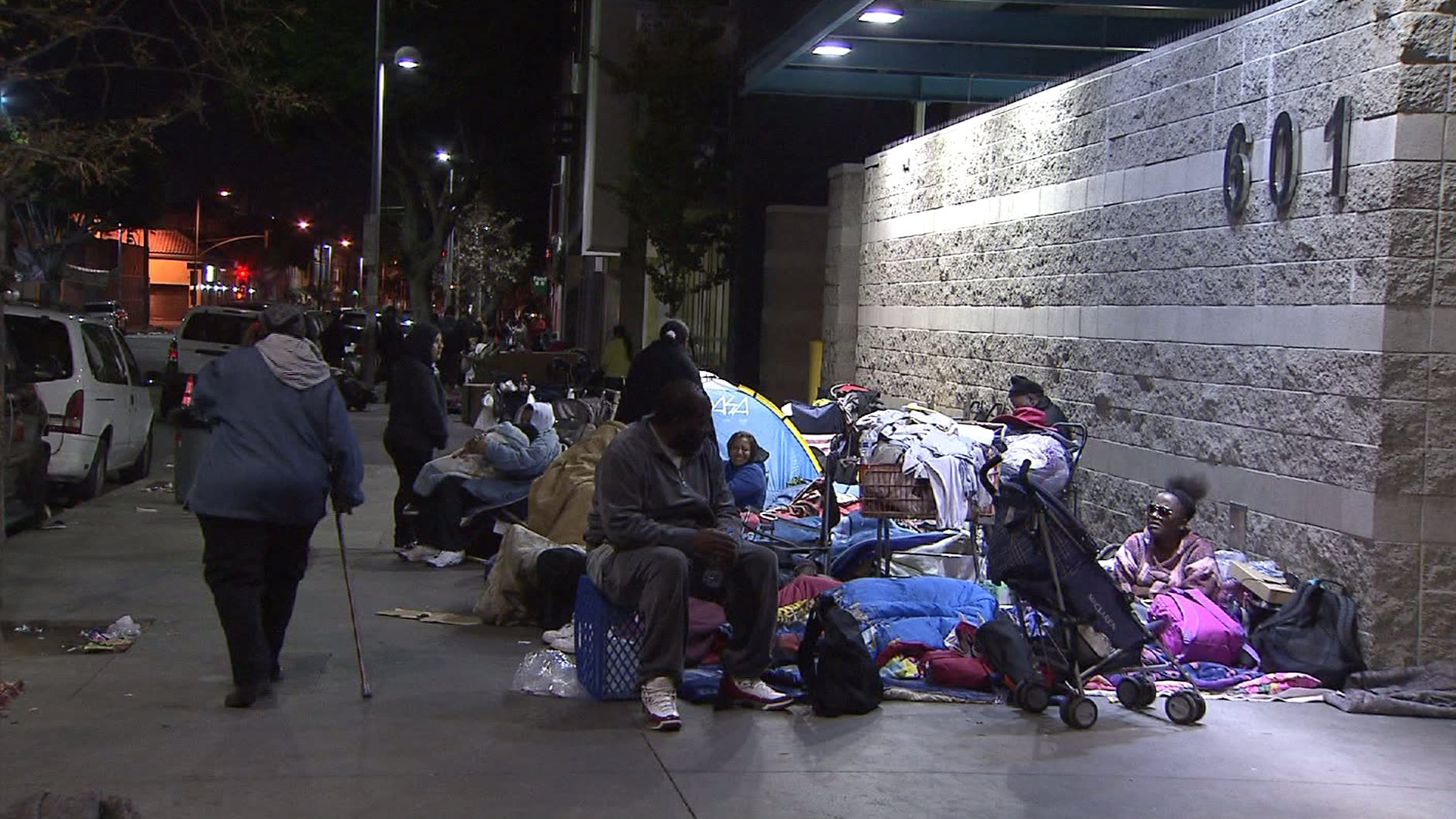We live in a part of Downtown Los Angeles that in real estate parlance could accurately be called “Skid Row-adjacent.” It could be but it isn’t because nobody is proud of living near Skid Row, even when their neighborhood is more vibrant and bustling than at any time in the last 80 years or so.
Homelessness is a big problem all over but especially around here. When an area has just over 50,000 residents and ten percent of them are considered homeless, it shows how far we are from true vibrancy.
Politicians promote solutions ranging from job training and spiritual guidance to the proverbial “get off your butt.” I recently attended a debate by candidates for the office of County Supervisor in which one of them suggested “Books on Wheels” as a serious approach to the problem. Rampant mental illness among the homeless adds a troublesome facet to the issue than confounds even the best-meaning policymakers.
It’s a vexing problem and I don’t know the answer to it.
There is one particular component of homelessness down here that I’ve been thinking about. A week ago I passed a woman pushing two grocery carts full of belongings. Each cart was piled high with stuff: six-foot-tall mounds of filthy clothes and who knows-what-else. The woman would slowly push one of the carts a few feet, then shuffle back to the other cart and pull it forward. Barring breaks her pace was probably 20 feet an hour.
Just an hour ago, at the corner of Main and Third Streets, I walked by another woman, also with two large piles of clothing, garbage bags and other belongings. One of these piles didn’t appear to be on a cart; it was merely a pile of…stuff, and it stank.
The US Supreme Court ruled that Los Angeles city workers may not remove the belongings of homeless people who leave them temporarily unattended, such as when they eat in a shelter or attend a court hearing. (Technically the court declined to hear an appeal of a Circuit Court ruling, but the result is the same.) This resulted from the practice of removing these things at almost the instant people might have walked away.
I wondered, though, what happens to those belongings when their owners are arrested. I’ve spent a couple of hours online looking for the answer and couldn’t find it. If one of those women I mentioned were arrested, would the police be required to collect her property and take it with them? If that’s the law, it seems obvious that it would affect the likelihood of the arrest occurring in the first place.
Would a police officer be less likely to arrest someone for a given offense if he or she considered the hassle of gathering mounds of dirty, smelly things? If so, this seems wrong.
Again, it’s a vexing problem. Homelessness isn’t a crime but defecating on the sidewalk is. Should the police cite people for doing that?
The Supreme Court has spoken but should piles of stuff be left alone when there’s no one nearby who claims or appears to be the owner?
The City of Honolulu has its own ordinance covering the possessions of homeless people. It was designed narrowly and perhaps more carefully than LA’s and isn’t affected by the 9th Circuit’s ruling I mentioned earlier.
In Honolulu, the law says that property may not be left in public spaces for more than 24 hours. Warning notices are posted ahead of time. Further, when property is collected it is stored but not destroyed.
Is this a fairer approach, somehow more humane?
Sometimes I feel guilty for minding the ugly smells, the visual blight, the urine. But can’t I mind those things without being considered evil?
